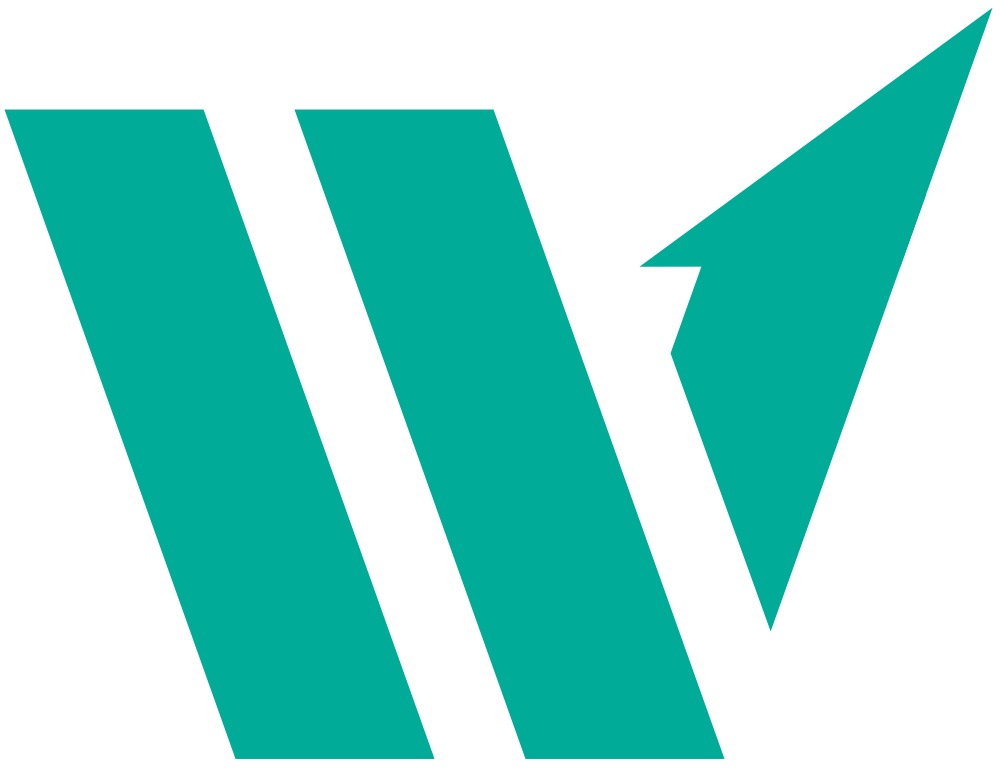I find myself saying something often. It’s a thing implicitly taught to me as a Marine, but it wasn’t until years later that I heard it put to words:
An organization cannot empower you. You can only empower yourself.
Many times, it feels as if we’re waiting for our manager’s permission to explore a new space or to define a career path. But what’s stopping us from exploring it on our own, in our own way, and on our own terms? Consider the case of a team member or project manager who’s trying to get into Scrum Mastery. Or an engineer looking to become a manager.
Whatever it is, it’s our story to write. But what’s that look like? And how do we make this aspirational, cliche advice actionable? I think it starts simply.
It starts with knowledge.
It starts with an idea or an inspiration. Maybe we see a kick ass Scrum Master, and we think we’d be great at it too. But how can we know it’s a good fit for us? How do we know we’ll excel at it? Do we really know what this Scrum thing is all about? Do we know how it differs from agility? So think. Gather knowledge. But put aside creating a plan. That’s for another day.
Figuring out our next steps is futile when we don’t yet know what direction we’re headed.
Talk to friends and colleagues. Reach out to experts on LinkedIn and ask them for their thoughts. Search Google for awesome blog posts that can help. (Or just read through this awesome blog here?) Use this information to find your theme. So what’s a theme? Grey explains it well.
It sustains through relationships and trust.
Why relationships? Think about those people we reached out to earlier on LinkedIn as we were working toward our theme. They’re not assets or resources. They’re people so treat these conversations as relational, not transactional. How can we help them? How can we reciprocate?
For instance, over a decade ago I reached out to Mike Cohn desperate for advice. I really didn’t think he’d reply, but he did. We connect every now and again, and I was just trading dad jokes with him over email a week ago. More importantly, I can’t count the number of people I’ve sent to his CSM and CSPO training. And as a means of paying it forward, I’ve committed to replying to anyone who looks me up and asks me a question. I attribute that to him. (Thanks again, Mike.)
Why trust? I’ve been learning from an incredible coach in our org Mary Schindler, and she asked a great question:
When coaching, how can you spot potential?
I had a hard time answering the question, and as we continued to talk it through, the answer became clear. As a coach, the potential is already there and has been all along, whether I spot it or not, and I think the same applies to all of us. Setbacks will happen, and that’s ok. Lick your wounds, dust yourself off, and get back into the fray. Trust in your potential. Even the pros still doubt themselves at times so who are we not to?
It unfolds through creativity.
Our theme is huge so it can’t be accomplished in a single moment or with a single step. Want to give Scrum a go but your org doesn’t employ the framework? Find a team willing to experiment with retrospectives and ask to facilitate. Want to attend a CSM course but struggling to get approval for the expense? Agile meetups usually cost only a few bucks, and maybe we’ll run into a Scrum trainer when we’re meeting new people.
Creativity allows us to start in small ways that stretch but doesn’t scare us.
And starting small means starting now. For example, I started writing this blog years ago to work toward speaking at agile conferences. I didn’t wait for someone to “empower” me or take one, huge plunge. Instead, I started with what I had and often hid behind the backspace button when I couldn’t quite find my footing. (I’m happy to report that I now speak at one or two conferences a year.)
It concludes with retrospection.
Pause. Take a breath. Evaluate.
So how did those small, creative actions play out? How do we feel about the theme we’ve established for ourselves? Let’s say we decided to implement retrospectives at our org since Scrum was too big a pill to swallow. Did we enjoy facilitating? How did the team change how it operates? Did our leadership appreciate the difference it made? Or maybe it slipped our mind to set up some measures of success with our leaders before starting. Hmmmm …. let’s make sure to consider that for next time.
And maybe “concludes” is too harsh to describe this step. After all, it’s cyclical. Now that we’re a bit smarter, it restarts with knowledge, it’s re-sustained with the relationships we’ve made and the confidence we’ve built in ourselves. And it’s time to create a few new steps in line with our theme. Why does this matter? Simple.
An organization cannot empower you. You can only empower yourself.
Do you want to get notified when new posts are published? Leave your email below.





